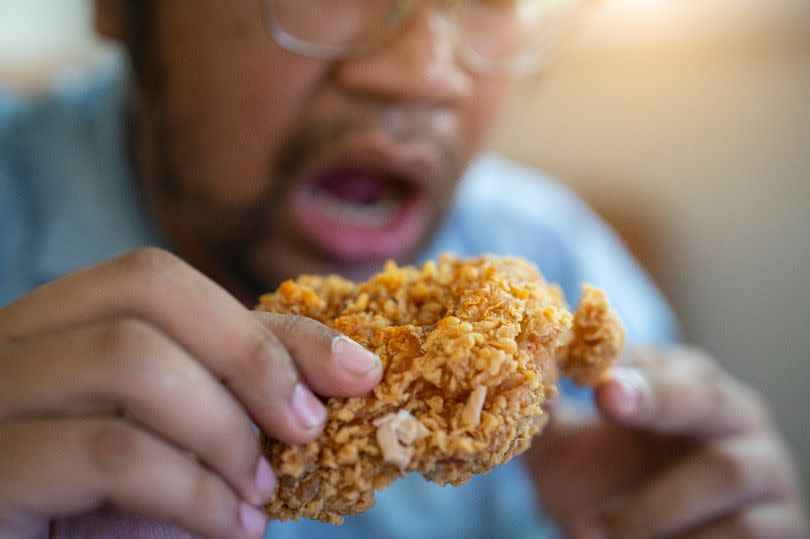Plan to make ready meals, sweets and takeaways more expensive

An expert has called for a hefty tax on ultra-processed foods (UPFs), proposing that the revenue should be used to make fresh produce more affordable. Amidst increasing pressure, there are also demands for a ban on UPF advertisements and for these products to carry tobacco-like health warnings.
UPFs, which include items such as ready meals, fizzy drinks, ice cream, and processed meats, are often high in unhealthy fats and sugars but low in beneficial nutrients like fibre and protein. Professor Carlos Monteiro from the University of Sao Paulo is set to highlight the threat they pose to global health at the International Congress on Obesity in Sao Paulo, Brazil.
He advocates for a ban or severe restrictions on UPF advertising, alongside substantial taxes on these products. "Sales of UPFs in schools and health facilities should be banned, and there should be heavy taxation of UPFs with the revenue generated used to subsidise fresh foods," he stated.
Furthermore, Prof Monteiro recommends public health campaigns to educate people about the risks of consuming too many UPFs, drawing parallels with anti-tobacco efforts. "Both tobacco and UPFs cause numerous serious illnesses and premature mortality; both are produced by transnational corporations that invest the enormous profits they obtain with their attractive/addictive products in aggressive marketing strategies, and in lobbying against regulation; and both are pathogenic (dangerous) by design, so reformulation is not a solution," he explained.
However, health professionals have argued that comparing ultra-processed foods (UPFs) to tobacco or cigarettes is "very simplistic".
Dr Hilda Mulrooney, a reader in nutrition and health at London Metropolitan University, stated: "Taxes on sugar sweetened beverages in the UK have been shown to be successful in driving reformulation and changes in consumer behaviour, far more so than voluntary guidance to reduce sugar content of children's foods for example."
"But treating food like tobacco is very simplistic. There is no such thing as a safe cigarette, even second-hand, so banning them is relatively straightforward in that the health case is very clear. However, we need a range of nutrients including fat, sugar and salt, and they have multiple functions in foods structural, shelf-life not just taste and flavour and hedonic properties."
"It is not as easy to reformulate some classes of foods to reduce them and they are not the same as tobacco because we need food just not in the quantities most of us are consuming."
Adding to this, Dr Duane Mellor, a dietitian and spokesperson for the British Dietetic Association, who is also an honorary academic fellow at Aston University, said "It is not straightforward to draw parallels between the food industry and tobacco industry, as food is essential to life, tobacco is not".
"Also, to have a safe food supply in cities our modern society needs some processing to prevent food from becoming contaminated and spoiling which might result in illness which include diseases like pathogenic strains E.coli which there has been a recent outbreak of in the UK."
Prof Monteiro's research led to the development of the Nova food classification system, which categorises food and drink into four groups: minimally processed food, processed culinary ingredients, processed food and ultra-processed food. Dr Mellor also pointed out that the Nova classification system is subject to interpretation.
"Countries do need to work harder to support healthier diets in their populations, but we need suitable and objective ways of doing this currently the Nova ultra-processed foods classifications is open to subjective interpretation, and a simple way to quantify the degree of ultra-processing a food might making it harder to effectively regulate," he added.

 Yahoo News
Yahoo News 
